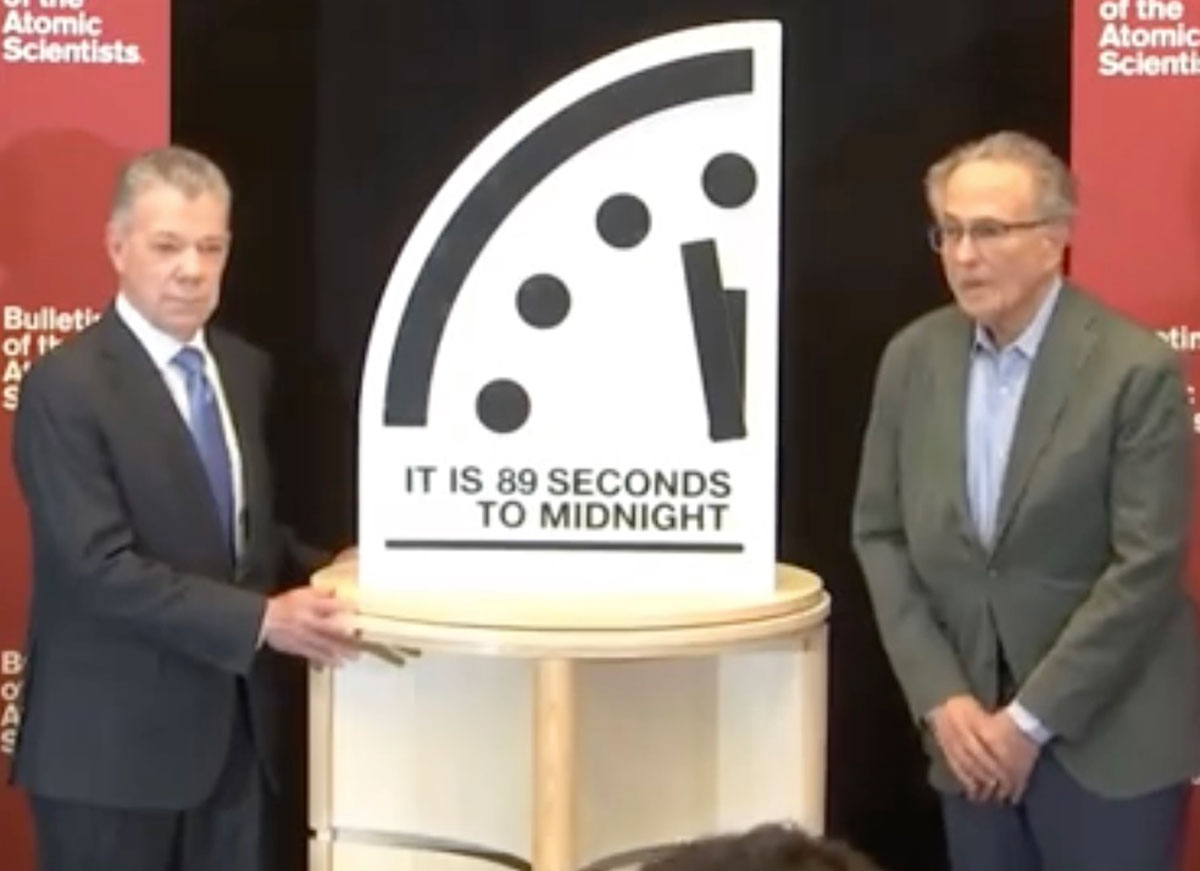Shameless – Season One

1.5/5
One of the most crucial selling points of a television pilot is the nature of its concept: a pilot with a "high" concept–a very clearly defined premise or conflict–appeals to producers and viewers alike because it ensures that a highly engrossing series–good or otherwise–will emerge from the pages: either a weekly recapitulation, albeit with subtle variations, of the pilot's plot. And a pilot with a low concept appeals to them just the same, ensuring a weekly series addressing, each in its own (sort of) unique way, further conflicts debouching from the initial "incident."
But in the last decade or so, television producers, especially those in the employ of HBO and Showtime, have become fascinated by, nay fixated upon the prospect of "no-concept" television. Such a series could merely concern family that happens to have a unique quality, for example, that they are bigamous, running a funeral parlor, in the mafia, selling pot, etc. Counterintuitively, the no-concept pilot appears to have even more potential for engrossment: because it is about nothing, it alienates no one; because its characters are broadly defined, they can appeal to all audience demographics, because there is no conflict, each episode can address any issue it sees fit. Shameless is the latest no-concept television series from Showtime. To be slightly reductive, it a show about a family that does not quite function in the same manner as a regular family, and how its members interact with each other.
However, because the show's concept is so very low as to be practically nonexistent–perhaps even lower than that of the aforementioned "families of a certain quality"-series; far from sharing an unusual occupation, Shameless' Gallagher family is merely vaguely strange and mischevious–it is of the utmost importance that they be the most dysfunctional family of all time! And what better way to introduce them than a quick montage depicting them up to various kinds of no good, framed by a scene of a family gathering at car-burning, narrated by a drunken Frank (William H. Macy) who proceeds to state a positive quality about a given child, only to have that statement contradicted by a humorous sight gag, making this the very first television pilot to utilize this comedic device.
Anyway: first there's Fiona (Emmy Rossum), who in lieu of a strong maternal presence–which we all know is, even as late as 2010, essential in upholding any semblance of functioning domesticity, c'mon!–has taken the role upon herself; Lip (Jeremy Allan White) is "smart as a whip," but is often chased by the cops for … some reason; Ian has an "incredible work ethic," but his father doesn't know where he gets it from: as it turns out, he secretly attends military school (sicko); Carl loves animals: that is to torture them with a blowtorch; Debbie raises money for UNICEF but doesn't turn it in (wait, I used to do that–am I a Gallagher?); Liam is black, as was Frank's first AA sponsor who was close with his ex-wife, but Frank hasn't been sober long enough to figure that one out–whoops!; Kev and Veronica are Frank's "fantastic neighbors" who engage in the sexual practice known as pegging — oh yeah … they went there.
Even better are its serious scenes of Fiona struggling (of course, in vain) to hold the shambling impoverished family-of-twentysomethings-with-expensive-haircuts together, or those depicting her being ridiculed by patrons of her hot dog stand for being a "project girl"–her economic status quite easily inferred by the random stranger from her outward appearance, being pretty, white, having excellent skin and teeth and an expensive haircut: no brainer, guy. While we're supposed to sympathize with the woman's plight, a plight effectually (over-)emphasized by the chaotic, dysfunctional mess that is her family home, the "apartment" set actually looks a bit like Pee Wee's Playhouse–with all kinds of whacky little things glued on the walls, like you find in the homes of all dysfunctional families; would you recognize one if it didn't have a fluffy pink necklace hanging off an antique Quaker shelf? I didn't think so–so you can't help but laugh at these raw, painful scenes with childlike glee: so much for social realism.
It's difficult to judge shows like these because they exhibit very few pretensions or ambitions or even feeble attempts at telling some kind of coherent story. For example: Shameless' sex scenes are incredibly sexy, but serve no real function in the narrative, so they fail the narrative while succeeding as sex scenes–but that's all they were ever meant to do, so I rate the sex scenes "sex out of sex." Following the family's introduction are a series of sex scenes or scenes dealing with sexuality in some way: Lip tutors "some dumb blonde" in physics and, much to his and our surprise, she gives him a blow job because "science turns [her] on." And then… well that's the end of the scene. Later, Lip discovers some gay porn among Ian's things and hostilely confronts him about it and Ian looks at him in shock.
Fiona meets a guy in a club–the show's creators made the wise choice of giving her a poor makeup job "because she's poor and that" but her haircut still looks really expensive–and they have sex in the family kitchen where the valuable furniture is. On a scale from "attractive woman and attractive man having sex" to "less attractive woman and less attractive man" having sex, I would have to give that one an "attractive woman and attractive man having sex": a well deserved one at that. Then Frank comes home drunk and … well nothing begins: this is the very first no-concept television show whose pilot doesn't even have a plot to NOT repeat next week. The sky's the limit! It's also not funny.
RELATED ARTICLES
Get the most-revealing celebrity conversations with the uInterview podcast!





Leave a comment